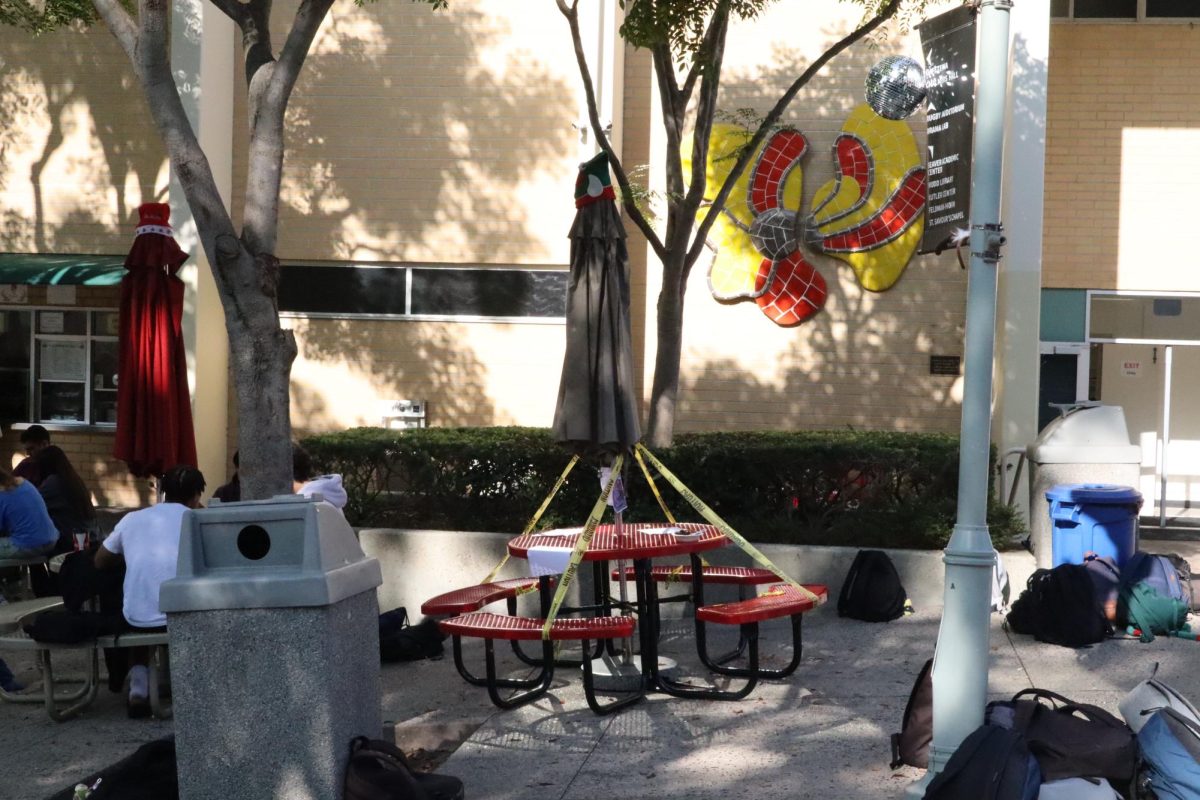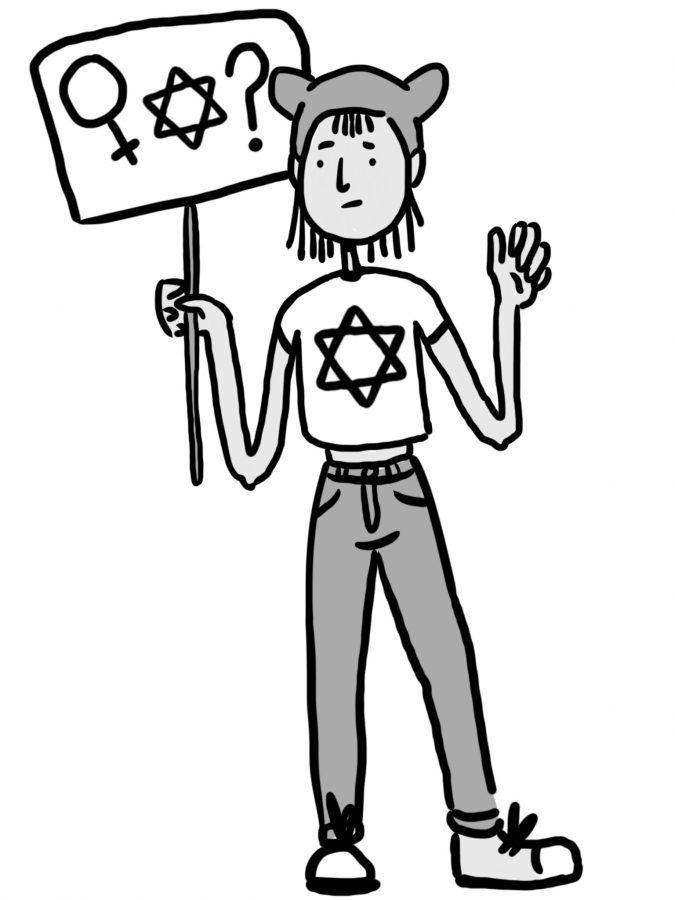As the leaders of the Women’s March sparked controversy, left-wing activists had to decide if they were willing to reconcile the anti-Semitic messages of the leaders with the liberal values of the march itself.
The march drew harsh criticism after multiple leaders of the movement, including Tamika Mallory and Linda Sarsour, endorsed the Nation of Islam and its founder Louis Farrakhan, who has been described by the Anti-Defamation League as “anti-Semitic” and “racist.” Teresa Shook, the original founder of the march, called for the resignations of Mallory, Sarsour and two other board members as they “allowed anti-Semitism, anti-LBGTQIA sentiment and hateful, racist rhetoric to become a part of the platform.”
The messages Mallory and Sarsour spread are bigoted and backwards, and many believe that the march attendees are culpable as well. However, they fail to recognize the difference between the prejudice of individual leaders and the morals of the march itself.
Recently, Mallory appeared on The View to discuss a social media post in which she described Farrakhan as “the GOAT,” meaning “Greatest of All Time.” She also refused to condemn this statement made by Farrakhan: “I’m not anti-Semite, I’m anti-termite. It’s the wicked Jews, the false Jews that are promoting lesbianism, homosexuality.”
Mallory tried to defend her statements by saying that she “should never be judged through the lens of a man.” However, her defense falls apart under scrutiny, as she chose to associate with Farrakhan in the first place.
When the 2019 Women’s March rolled around, protesters had to decide if they were willing to remain complacent with the hateful messages from the march’s leadership. In an article for the Washington Examiner, Alan Dershowitz said the protesters are as morally wrong as the bigoted leaders—calling it “the equivalent of marching under the banner of David Duke.” I tend to disagree.
Dershowitz makes the error of assuming that those protesting at the Women’s March marched in support of leaders like Mallory like Duke’s supporters would march in support of him. However, the Women’s March is a reaction to Donald Trump’s presidency. Most protesters did not march with the purpose of supporting Mallory. Dershowitz conflated the ideologies of the organization’s board members with those of the protestors.
Of course, if one were to march in the name of anti-Semitism or the Nation of Islam, or Mallory, I and all other reasonably moral people should have no choice but to condemn that action. However, those who argue that all protesters should be condemned need to take into account the ideological divide between the leaders and the protestors.
While I believe that it is not necessarily unethical to join the Women’s March, I would urge anyone thinking of protest to consider alternative groups like March On. These groups have taken a very firm stance against all hate, and, by reducing the number of people marching with groups like the Women’s March, we can diminish the influence of their bigoted leaders.


































